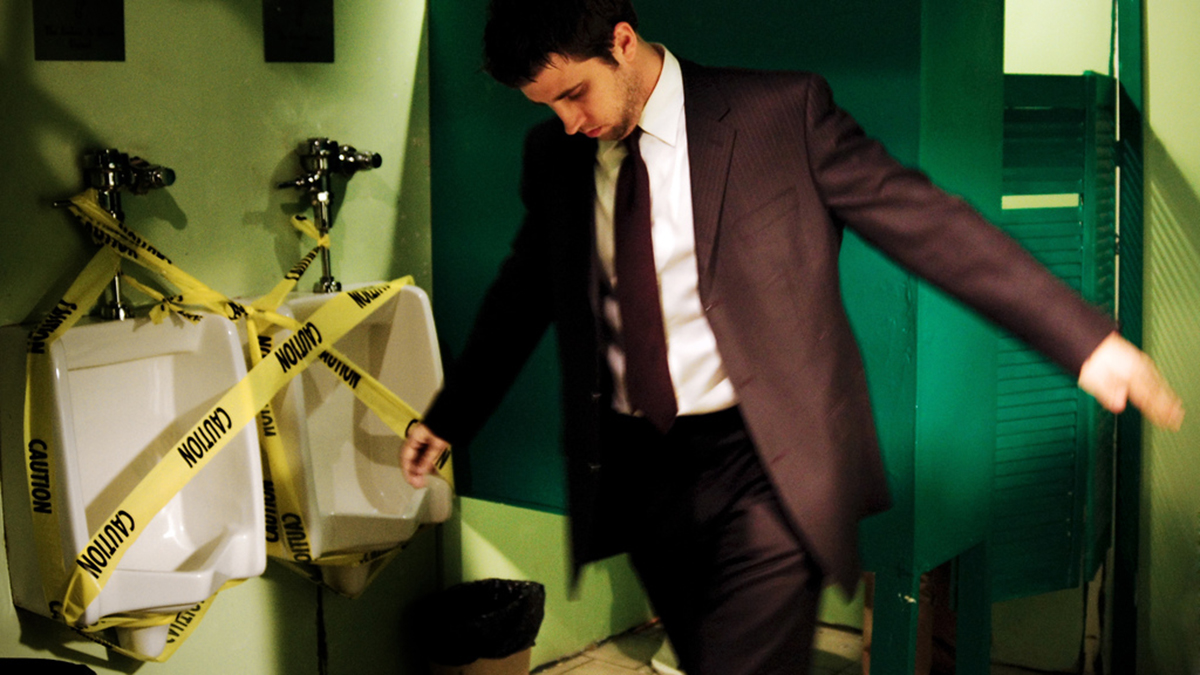Table of Contents
The prostate is a male reproductive gland that is located just below the bladder. It surrounds the urethra, which is the tube that carries urine out of the body. The prostate secretes a fluid that makes up about 50 to 75% of the semen volume. It is common for this gland to grow and become enlarged, and this is a natural physiological process that comes with age.

Benign Prostatic Hyperplasia
Benign prostatic hyperplasia, also known as an enlarged prostate, is a condition in which the prostate gland becomes bigger. As its name suggests, the process is “benign”, which means the cells do not have the propensity to cause cancer, or even be a precursor for cancer.
One third of men over 50 years of age are affected by benign prostatic hyperplasia. About 14 million men in the United States have symptoms of BPH and that figure doubles worldwide. Benign prostatic hyperplasia is said to be more severe in African-American men.
Symptoms of BPH
The most common symptoms of benign prostatic hyperplasia are:
- Urinary frequency (needing to void one's bladder more often)
- Urinary urgency (a feeling of needing to urinate urgently, as also seen in people with bladder infections)
- Increased night time urination
- Straining to void
- A weak stream
- Urinary retention
- Pain with urination
If you notice these symptoms, it is advisable to see a doctor. The earlier benign prostatic hyperplasia is treated, the better the quality of your life. The doctors are going to do a rectal exam and feel if the prostate is enlarged. While many men dread this exam, it is fast and painless. A blood test will also be done, to indicate your blood level of Prostate Specific Antigen (PSA) which is elevated in men with enlarged prostate or any other prostate disorders. An ultrasound examination of the prostate, testes and kidney will also be carried out.
Some lifestyle alterations that can be made to reduce the symptoms of benign prostatic hyperplasia include:
- Moderate or no consumption of alcohol
- Decrease fluid intake before bed and spread out your fluid intake throughout the day.
- Avoid caffeinated products.
- Avoid medications that can make the symptoms of BPH worse.
- Exercise regularly.
Here are some facts about BPH:
- The risk of developing BPH increase with age.
- It is very common and it has been said that all men will have an enlarged prostate eventually.
See Also: The Eventuality of Benign Prostatic Hyperplasia
There is no known risk factor associated with BPH. However, medical research and other hypotheses suggest that with age, a man’s prostate becomes more sensitive to estrogen influence, especially in the central zone. Estrogen causes enlargement of the cells in the central zone, leading to compression of the urethra (which explains why the patient presents with urinary symptoms).
Patients with mild symptoms are usually managed with watchful waiting and follow up visits with the doctor.
- Photo courtesy of Josh Pesavento by Flickr : www.flickr.com/photos/pezz/2051829774/
- Photo courtesy of Leon Fishman by Flickr : www.flickr.com/photos/leonfishman/7934712238/


Your thoughts on this